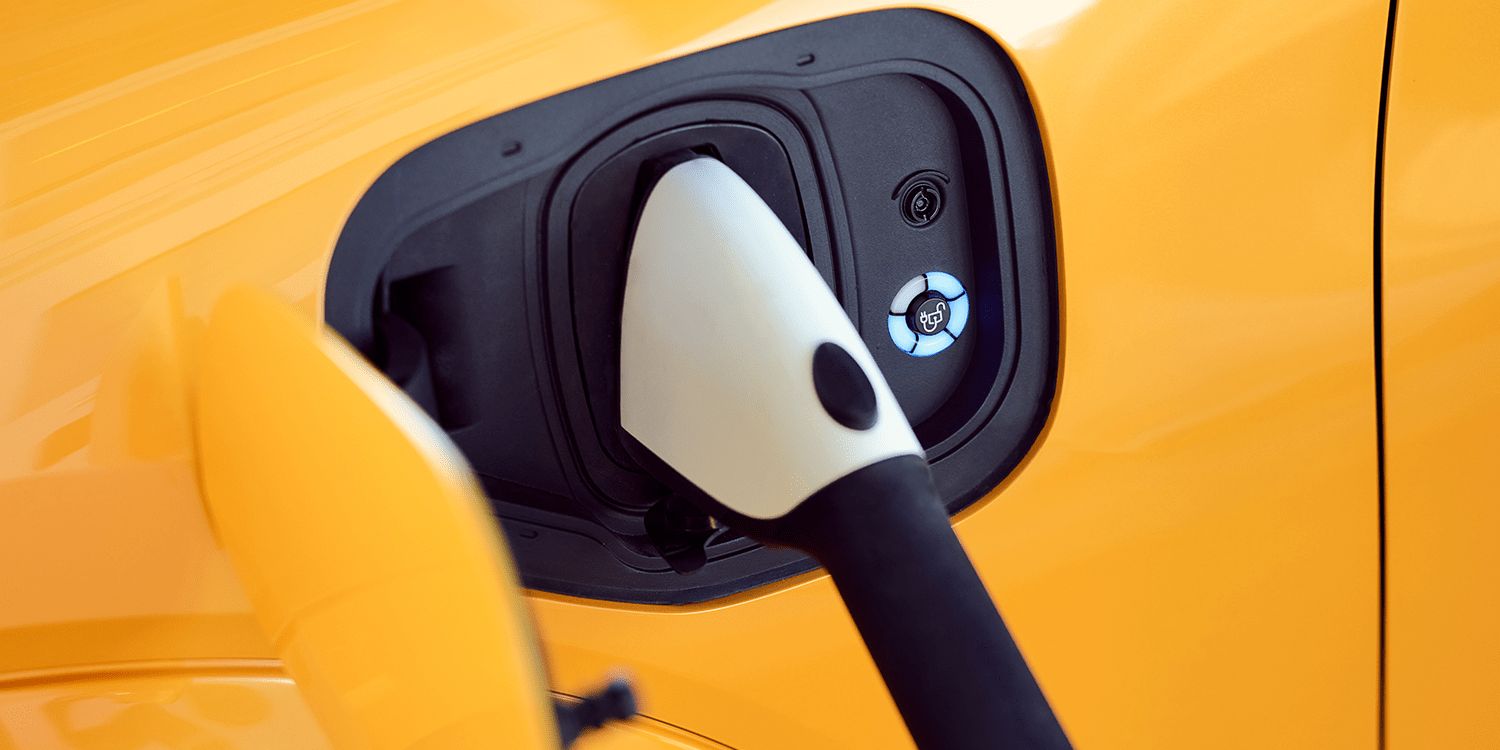The Republican-led U.S. House of Representatives voted on Wednesday to block the Biden administration’s proposed stringent vehicle emissions regulations, which aimed at achieving 67% electric vehicles (EVs) among new vehicles by 2032.
Republican Representative Tim Walberg, a sponsor of the legislation, emphasized the importance of considering alternative technologies such as hydrogen, hybrids, and internal combustion engines alongside electric vehicles in the automotive industry’s future.
The vote, with 221 in favor and 197 against, witnessed five Democrats joining 216 Republicans, prompting a veto threat from the White House. The administration expressed concerns that such a move would “catastrophically impair” the U.S. Environmental Protection Agency’s (EPA) ability to issue automotive regulations.
Former President Donald Trump, currently seeking a return to the White House, has pledged to overturn the Biden administration’s electric vehicle rules.
In April, the EPA announced that the proposed standards from 2027 to 2032 could lead to a 56% reduction in emissions compared to the existing 2026 requirements, translating to an annual average pollution cut of 13%. The agency projects a reduction of over 9 billion tons of carbon dioxide emissions through 2055, equivalent to more than twice the total U.S. CO2 emissions from the previous year. Final rules are expected in early 2023.
Various stakeholders, including automakers, auto dealers, and the United Auto Workers (UAW) union, have urged the Biden administration to consider a less stringent proposal. The UAW emphasized the need for a plan that better aligns with the feasibility of compliance, gradually increases stringency, and spans a more extended period.
A group representing major automakers criticized the EPA proposal as “neither reasonable nor achievable,” advocating for a significant softening of requirements. Toyota Motor referred to the proposal’s stringency as “extreme and outside historical norms,” labeling it a “de facto battery electric vehicle mandate.”
Representative Frank Pallone, the leading Democrat on the Energy and Commerce Committee, accused Republicans of attempting to “legislate away years of innovation in cleaner transportation to put polluters over people.”

